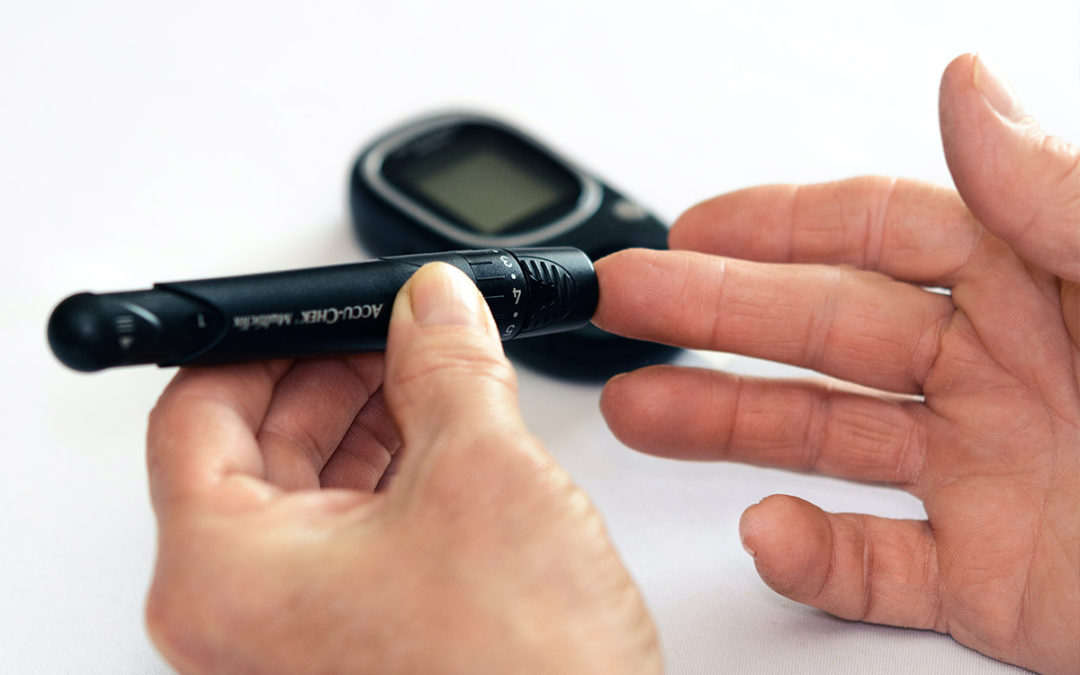In the best of times getting to the doctor and taking care of your healthcare needs was never the easiest task. Whether it is the time out of our day, the distance to the provider’s office, or the availability of the provider, monitoring your healthcare, while essential, has been a burdensome task for many. Remote healthcare monitoring aims to solve that dilemma. By using technology this strategy attempts to eliminate most of the barriers to the regular monitoring of healthcare.
Diabetes management is just one area where this tool is becoming more and more common. Glucometers are connected to a smartphone or cellular-enabled glucometer that than stores and sends real-time results to medical professionals for review and if necessary consultation. Blood sugar readings that are too high or too low trigger an immediate phone call to check and see if a patient is okay or in some form of distress. Data can also be transferred to your primary care physician so that they are able to review potentially months worth of data rather than just a single test in the doctor’s office. While glucometers are the most common on the market such programs are also well established for hypertension and weight management amongst other health concerns.
That said, technology is not free, so what does this service cost? Actually, for medical plans, this convenience is providing such positive health outcomes that it leads to an overall savings to health plans rather than an additional overall expense. A recent study by the remote monitoring healthcare provider Livongo demonstrated a total savings of 83 dollars per member per month for each patient utilizing their glucometer and monitoring service. Because individuals who are more aware of their health status are more likely to take positive steps to improve their condition these devices can generate a savings for the plan and a better health outcome for the patient.
Patient satisfaction is also a key component in long term health outcomes. It makes sense, if you like what you are doing in any facet of life you are likely to keep doing it. And patients seem to love remote-based monitoring. A couple of key stats in this regard. The University of Pittsburgh conducted a study to measure the satisfaction of their remote system, it came back with a staggering 90% patient satisfaction rate. Further, their program reduced hospital readmissions by 76%.
Remote monitoring systems are one of those rare products that provide increased convenience to our members AND can also save a plan significant dollars. By providing health care at the member’s residence we are making things more convenient for them and by participating they achieve better health outcomes which are of benefit to the plan.
Do you have additional questions about remote health?
Virtual care is growing at an amazing rate with an ever-expanding array of services and a higher level of solutions readily available. Benefit Intelligence is available for consult or assistance to help you utilizes virtual services that are already in place or new services that you would like to explore. If a remote healthcare monitoring system might make sense for your plan, please contact benefit Intelligence to schedule a time to connect at: wellness@benefitintelligence.com

